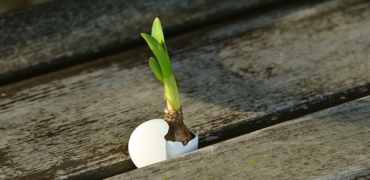I first heard about Pluralism in a power-context from UU leader and diversity trainer Paula Cole Jones, who referred to her congregation as, “a community of communities.” Huh?! It stopped me in my (thought) tracks.
With the moniker, “Unitarian,” we’re tempted to focus on our unit-y, perhaps a romanticized oneness.
What unites us as UUs and sets us apart from Baptist, Bahai and Buddhist buddies? The need to welcome many approaches to truth and meaning.
Each UU congregation is unique. Most have faced tensions between humanists and spiritual seekers. Learning to see and respect each other across spiritual diversity prepares us for pluralism in our commitment to equality and social justice for all who are and have been marginalized (e.g., women, LGBTQ and nonbinary, BIPOC, poor, incarcerated, non-able-bodied, neurodivergent, immigrants and more).
This has not been easy. When UU conferences started to provide space for specific marginalized groups, some people protested. “No one should be excluded from any group. We’re Unitarians!” People were afraid that opening to “identity politics” meant losing our unity. I disagree.
Pluralism helps us to make existing power differentials visible, supporting each other in moving beyond the trauma of “Power Over,” toward the peace and creativity of “Power With.”
Embracing pluralism – Cole’s community of communities – acknowledges both our courageous willingness to heal and our yearning for unity: alive and evolving. May we evolve together in our pluralism and in our unity.
In Fellowship,
Rev. Mary




